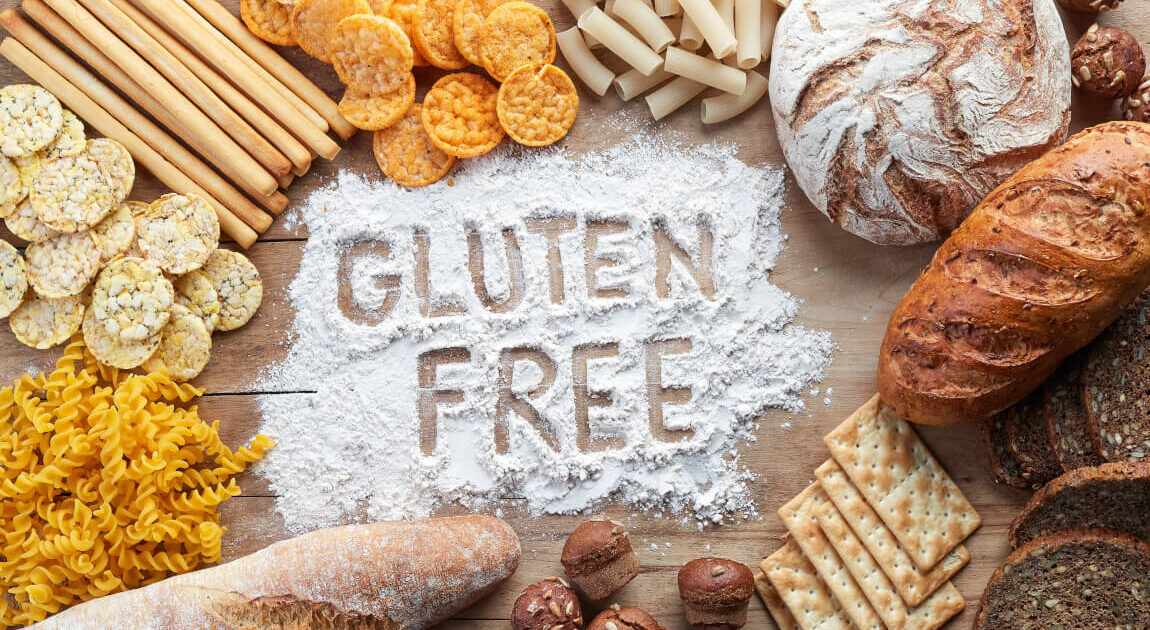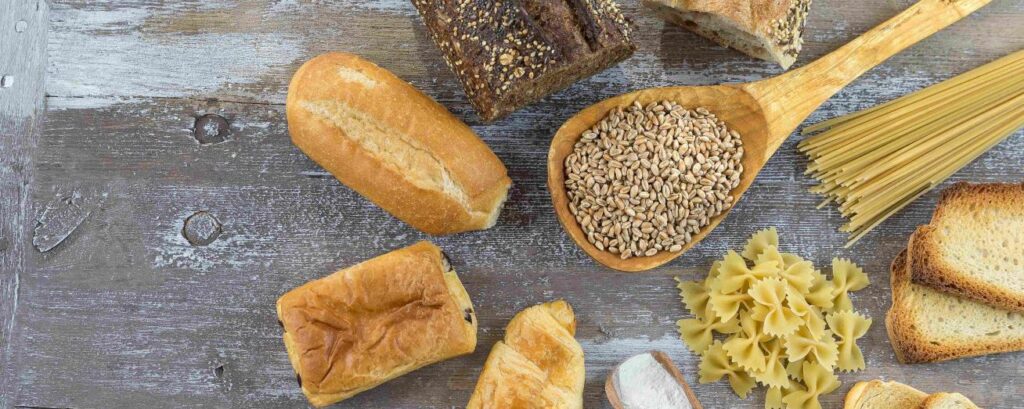Gluten Free: What It Means and Benefits

Index
Gluten Free: What It Means and Benefits
A gluten-free diet refers to a diet that involves the complete elimination of the gluten protein found in grains such as wheat, barley, or rye. As much as this diet finds increasing success among people, it is made necessary for those with celiac disease or non-celiac gluten sensitivity. Being totally aware of the meaning of gluten free is essential for those with these disorders or those close to sensitive individuals, as even the smallest contamination can cause the onset of unpleasant symptoms.
Removing this protein from one’s diet avoids gastrointestinal problems, facilitates nutrient absorption, and ensures overall physical well-being.
The gluten-free eating style is, in an increasing percentage, being adopted even in the absence of problems related to diagnosed intolerances. Some claim that eliminating gluten can help improve energy and concentration, although these claims are not supported by sufficient scientific evidence.
Like any dietary regimen, however, it must be balanced to avoid nutritional deficiencies; for example, in gluten-free foods attention must be paid to fiber and vitamins, which are less present than in their conventional counterparts. However, to make significant changes in one’s eating habits, it is always a good idea to consult a professional to guide us toward the most correct choices that are right for us.
The global market and the recent attention paid to diseases such as celiac disease have made it much easier to find entire shelves within any supermarket dedicated to gluten-free products. Until a few years ago, gluten-free products were few and limited to essential foods; today, however, there is access to a wide range of tasty options, from cookies to various types of pasta to different flour mixes.
Which Foods Are Naturally Gluten-Free
When we think of the gluten-free diet, we should not necessarily believe that there are only equivalent products created specifically without the gluten protein. In nature, there are plenty of foods that are naturally free of it:
- Cereals and pseudocereals: rice, corn, buckwheat, quinoa, amaranth
- Tubers: potatoes and sweet potatoes
- Fruits and vegetables: all fresh varieties are gluten-free
- Legumes: chickpeas, beans, lentils, peas, soybeans
- Animal protein: fresh meat, fish and eggs
- Dairy products: Natural milk, cheese and yogurt (watch out for flavored or fortified products!).
Already with these ingredients it is possible to create numerous recipes, from first course to dessert.
The most important caution is to always check the preparation process of products. To ensure the complete absence of gluten, we need to avoid condiments or sauces that might contain it or watch out for cross-contamination. Careful reading of labels helps to avoid unpleasantness.

Tips for a Balanced Gluten-Free Diet
If you intend to follow a gluten-free diet, it is important to plan a balanced diet that provides all essential nutrients to avoid nutritional deficiencies and improve overall health.
A good place to start is definitely naturally gluten-free foods, such as fruits, vegetables, meat, fish, legumes and dairy products, thus avoiding packaged foods that, gluten free or not, often contain additives.
As for grains, natural gluten-free alternatives include:
✔ rice
✔ quinoa
✔ corn
✔ amaranth
You can also consume foods made from alternative flours, such as:
✔ coconut flour
✔ almond flour
These flours are perfect for both sweet and savory recipes. However, it is good practice to read labels carefully and check that they have the gluten free label, to avoid not only the presence of gluten, but also possible contamination during the production process.
As a final piece of advice, valid for any dietary regimen, it is important to control your calorie and energy intake. Consulting a nutritionist is essential to create a personalized diet plan and avoid imbalances of any kind.
A well-balanced gluten-free diet greatly helps those with celiac disease or gluten sensitivity maintain overall physical well-being. However, such a regimen can also be healthy for those who simply want to explore different food alternatives.
-
Organic or Conventional EVO Oil: Which to Choose?
In the culinary world, few ingredients are as beloved and discussed asextra virgin olive oil (EVO). Not only does this liquid gold enrich our dishes with its unmistakable taste, but it also brings with it a rich history of tradition and innovation. One of the most important choices EVO oil lovers must make is betweenorganic…
-
Extra Virgin Olive Oil in the Culinary World
Extra virgin olive oil, known as the liquid gold of the Mediterranean, is a key ingredient in world gastronomy. Celebrated for its rich flavor and nutritional qualities, this oil not only enriches a wide range of dishes, but also encapsulates a thousand-year history that spans cultures and borders. In modern cuisine, extra virgin olive oil…

Alfio Lo Conte
Tecnico ed esperto degli oli extravergini di oliva, iscritto nell’Elenco Nazionale sezione Campania.
Maestro di frantoio con diploma, conseguito presso International Extravirgin Agency.
Read more articles by: Alfio Lo Conte
Recent Comments